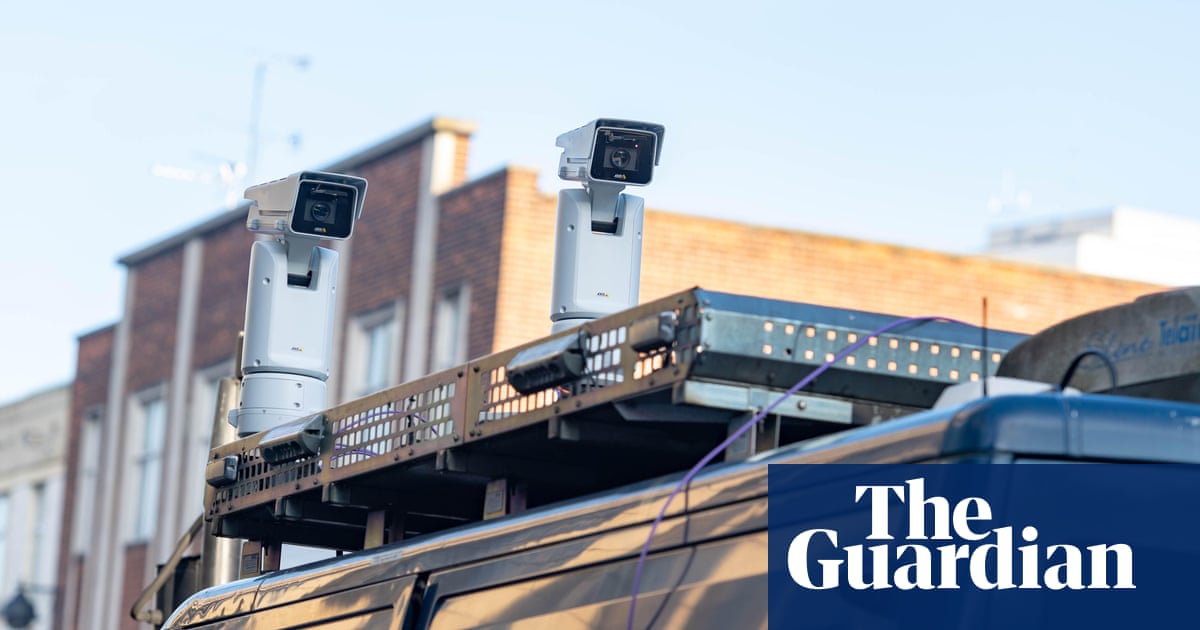judicial authorization
Where tough limits?
For context, in Germany judges have been often found to sign authorizations for warrants for flats even for flimsical issues. A group of ad-busters homes were raided in Berlin a few years back. So because they made posters and glued them over original ads. Another incident is often referred to as “Pimmelgate”. A guy had used the term “Pimmel” (in english about the same as dick or cock to refer to a Penis) on Twitter for a minister in Hamburg. He admitted to the Police that he did the tweet. So there was a confession already. A month later police raided his former adress claiming to want to seize “data storage devices” from which the Tweet might have been made.
And these are for raiding peoples houses. For more abstract online measures the oversight would be even more lackluster and there is plenty of cases where police didnt even bother to ask a judge for technical surveillance measures that require authorization. Still they didnt face consequences.
Also:
The exceptions were […] illegal drugs, […] and participation in a criminal organisation involved in one of those offences.
So pretty much always?
Welcome to the dystopian future were reading so much about.
This is the best summary I could come up with:
Police and national security bodies in the EU will be banned from using real-time biometric data driven by artificial intelligence in most circumstances without having judicial authorisation, it has emerged.
The ban on “Big Brother” surveillance will apply in public and private places, ranging from parks to sports grounds, except in the event of specified serious crimes, a terrorist threat or urgent searches for victims.
The exceptions were terrorism, murder, rape, organised or armed robbery, grievous bodily injury, child sexual abuse, kidnapping, hostage taking, crimes under the jurisdiction of the international criminal court, unlawfully seizing aircraft or ships, sabotage, trafficking human beings, body parts, illegal drugs, weapons or radioactive material, and participation in a criminal organisation involved in one of those offences.
The EU insisted on this in the final text amid fears that such AI-derived data would be used to exploit the vulnerabilities of people with respect to their age, disability, or social or economic situation.
Emotional recognition artificial intelligence, which can read people’s facial expressions in real time to assess stress or fatigue, will also be prohibited in the workplace.
MEPs leading the fight for prohibitions were determined to ensure that the EU did not turn into a surveillance state like China, where traffic police can intervene, for example, if they think a lorry driver is tired.
The original article contains 608 words, the summary contains 219 words. Saved 64%. I’m a bot and I’m open source!
And in the US nary a peep will be made in the legislative halls.
I get the concerns over the use of biometric recognition, but I don’t think that that’s a genie that’s going back in the bottle.
It’s too easy to obtain images, and too easy to ship those images somewhere that they are processed in such a fashion.
And, like the 23andme compromise, once biometric data on people is out in the wild, I think that it’s going to be hard to keep people and businesses from using it.
Maybe it’s possible to wear clothing that conceals biometrics sufficient to prevent recognition. But then you’ve got stuff like anti-mask laws in many places…I think that that’d require both legal changes and changes in social norms.
If there would be proper oversight and people using the data illegally get properly punished, especially if it is police, the genie can get back in the bottle.
Hell if the bible is to believed the third human to walk the earth was murdered by the fourth human to do so, yet we got murder under control in most places.





